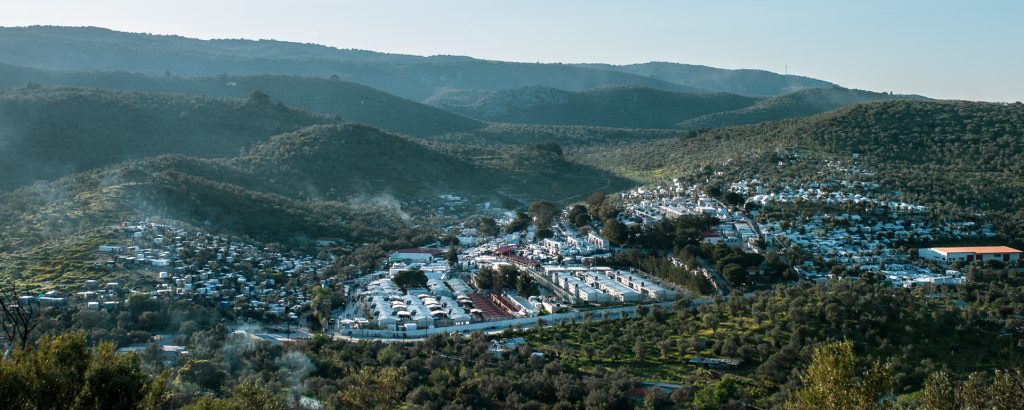
Treating the symptoms of Moria
Treating the symptoms of Moria
June 14, 2020
Over seventeen thousand people are still waiting in Moria for the sentence that will determine the rest of their lives. Daily fighting to live a dignified existence, literally pushing to get basic needs. In the long list of provisions there is too little of in Moria, access to healthcare is one of the dire ones. Doctors and nurses are struggling to keep up with the daily need for medical care, and moreover, to provide people with adequate solutions to their problems. Many of the complaints people have, are directly related to the bad living conditions of Moria. They are causing the unnecessary daily suffering of people who are displaced from their homes in search for safety.
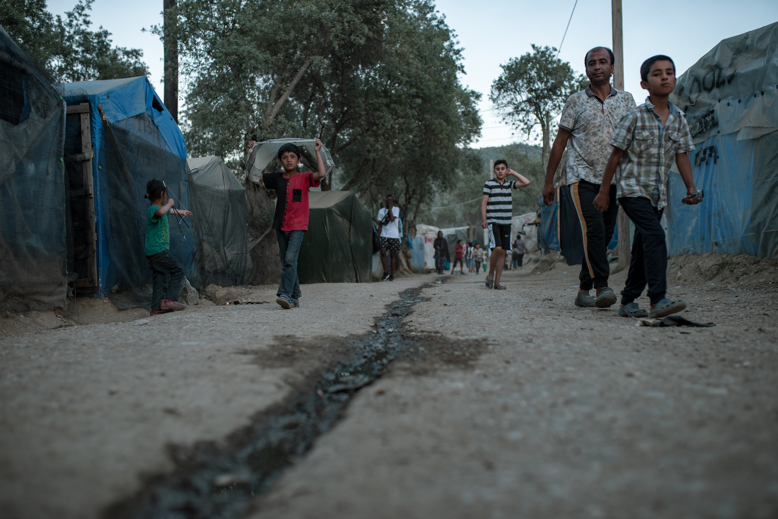
Tyra Eklund, nurse and coordinator of Medical Volunteers International, one of the healthcare providers working inside Moria: “We try to treat peoples complains best as we can, only to send them right back in to the environment that caused these problems in the first place. Most of the physical complaints people have are related to the lack of access to hygiene, lack of nutritious food, and the overcrowded nature of the camp.”
Virussus
“Because people live so close together and are dependent of public facilities for their basic needs, visusus spread extremely rapidly through the camp. Many people are using the same toilets and people stand in tight lines for hours to get food. So, the entire camp is infected within no time when a virus breaks out. Very common are upper respiratory infection, chest infections and gastroenteritis. To effectively fight these diseases, a healthy and balanced diet is vital to strengthen the immune system, but unfortunately the food people get is not very nutritious and often the portions are not very big. Therefore, people are prone to disease and little ability to recover before already being infected with another virus. They are constantly hit from every angle and it is exhausting their bodies.
The rapid spread of infectious diseases teaches us that also Corona will inevitably transmit very easily and very fast amongst the people in Moria. We have been lucky so far to have had the time to organise and unite the medical organisations in the camp. A system is now in place that screens and isolates possible corona patients so we are far better prepared for an outbreak. Still it would be disastrous, especially with the limited amount of ICU beds in the local hospital. It would be devastating, not only for Moria but for the entire island.
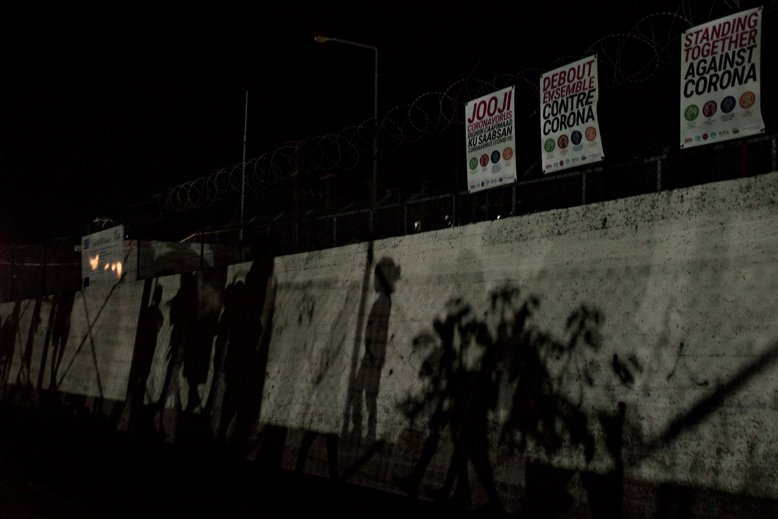
Wound infections
“Many of the patients have serious and long lasting wound infections. Because people live in such an unsanitary environment with a large garbage problem and limited access to water, it is very hard to effectively treat the infections. We give antibiotics, but then they go back to the same environment that caused the infection. People just don’t have the means to keep the wound clean and to take care of it properly. What starts out with a simple small cut, can easily become a big and long lasting problem.
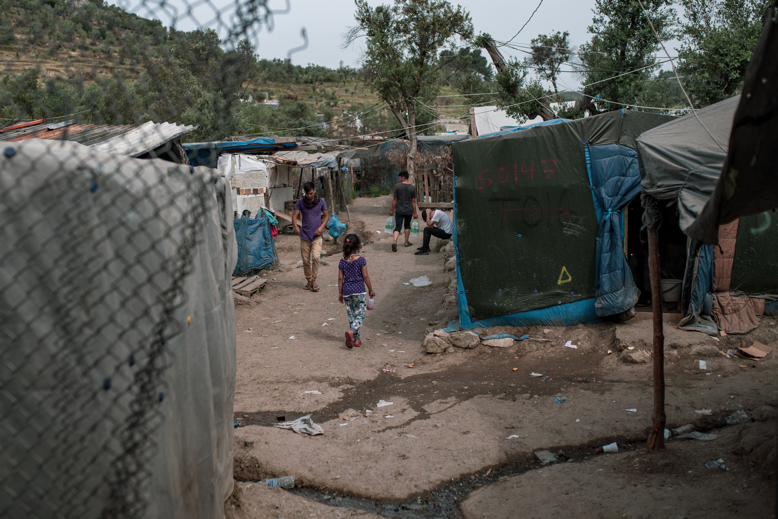
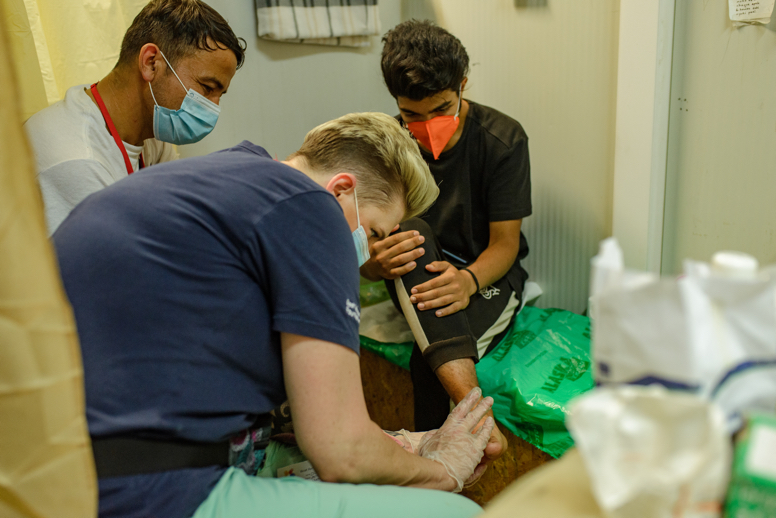
Scabies
“A large number of people in the camp have scabies. It is causing a lot of suffering and is almost impossible to get rid of. Scabies is like a vicious circle and it’s almost impossible for people to wash their clothes all together at the same time, and make their tent mates do the same. A mother presented herself in the clinic the other day, carrying a baby with a bad case of scabies. Really painful for her baby and for the mother as well. She felt extremely powerless and frustrated because there is absolutely nothing she can do for her child. He itches and scratches constantly and there is nothing she can do to protect him and provide him with a safe environment
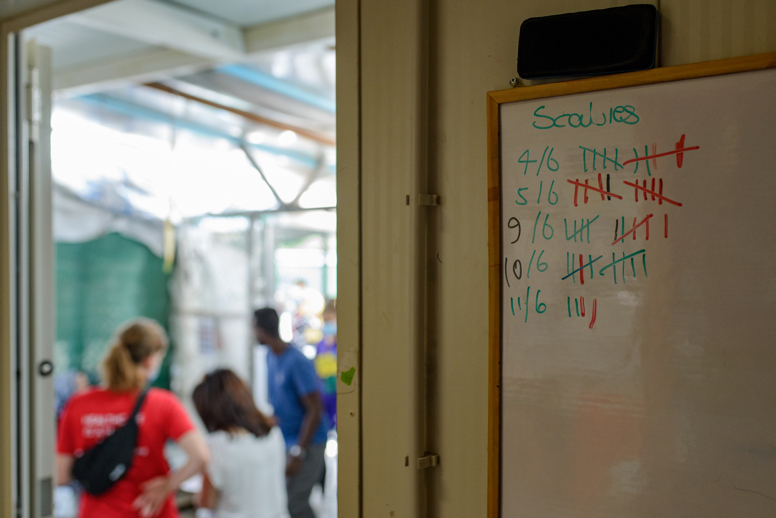
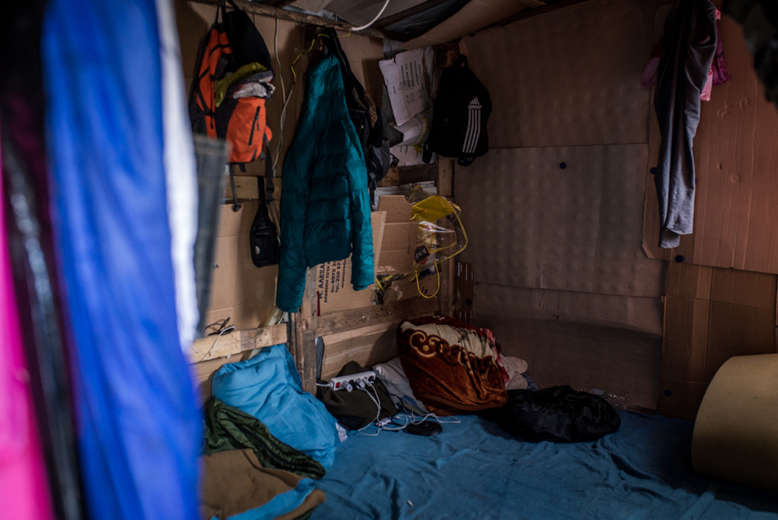
.General weakness
Many people worry a lot about their future and the future of their family members. They say getting rest is not easy because they struggle to get even a few hours of sleep each night. Worrying, but also the feeling of not being safe in Moria at night, are huge factors in this. People are constantly afraid to get robbed and it is noisy all through the night. Imagine having a only a couple of hours sleep per night, for months and sometimes years on end. It inevitably results, along with many other factors of the camp, in a state of general chronic weakness in many people.
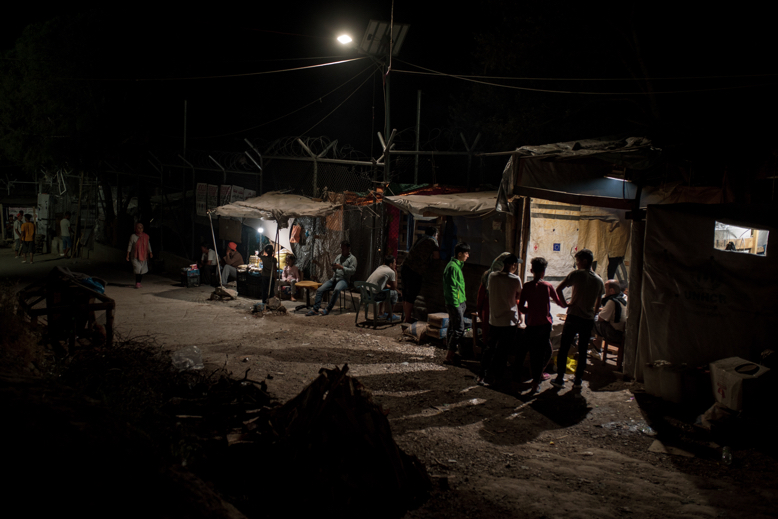
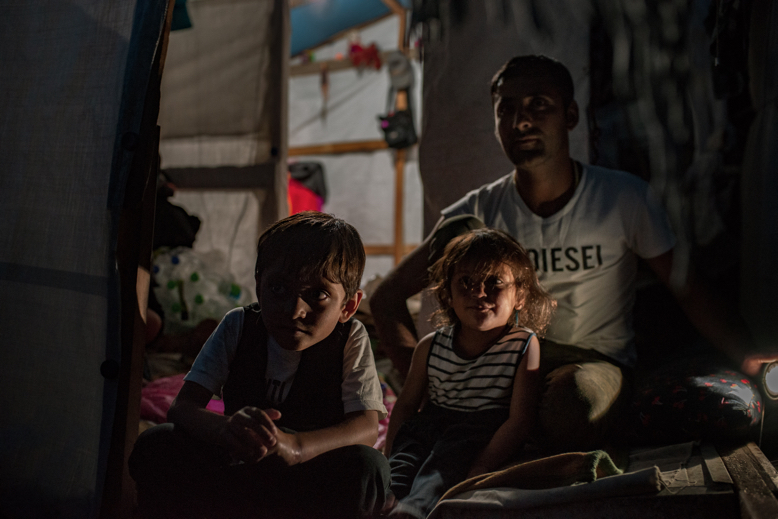
Daily, we treat about two hundred people in the clinic that we run in cooperation with other health care actors Kitrinos and Boat Refugee foundation. The high demand for medical care in combination with the limited space we have to see patients, results in very long cues. People wait for hours, and sometimes seeing a doctor can even take an entire day. The resources we have are limited and all the appointments with the hospital are cancelled because of the lockdown. In many cases there is little we can do but listen, and make people feel heard. We are mostly only capable of treating symptoms, but we have no influence over the cause. Because the cause is Moria itself. “
Moria feels like going back in time to a century where people suffer in large numbers from simply curable diseases, directly related to inadequate living conditions. The people in the camp are daily suffering the physical consequences of their environment, not even mentioning the mental impact the hopelessness of their situation has. The conditions of Europe’s most notorious refugee camp are well known, yet there seems to be no will to improve them. How can it be that thousands of people who fled broken counties, are now living in medieval like conditions, right on the borders of one of the worlds most developed continents in the world?
foto: Tessa Kraan


